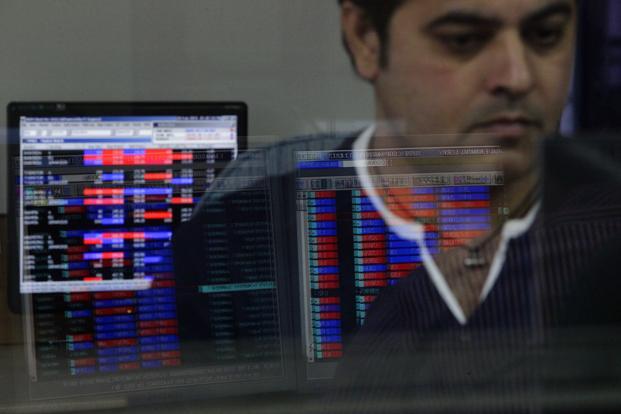
Investment pundits – ourselves included – write a lot about how checking your portfolio too frequently is hazardous to both your financial and mental health. The evidence is overwhelming that those who check their portfolios on a daily basis tend to underperform those who check their portfolios less frequently.
The reason is simple: On any given day, there’s almost a 50-50 chance the market will be up or down. Because people dislike losses more than they enjoy gains – a behavioral finding known as loss aversion – people who check their portfolios daily find the process painful. And just like your gut reaction to pain is to draw away from the source of that pain, your gut reaction to seeing an investment lose money is to make a change. To sell. To panic. To act.
Changing your portfolio, or market timing as our Chief Investment Officer, Dr. Burton Malkiel calls it, is an investor’s Most Serious Mistake.
So what’s the solution? Just check your portfolio less often, right?
Unfortunately, things really don’t get much better if you check less frequently.
Continue Reading →
Listen to this article
Markets are at the whim of shocks and surprises. No doubt that last year’s surprising Brexit referendum result and Trump’s impressive presidential election win remind us of that. When it comes to taking risks, humans are not (necessarily) equipped to deal with the rollercoaster world of risks and investing in a level-headed way.
Humans Can Be Their Own Worst Enemies
Continue Reading →

Since 2008, the global asset management industry has been reeling under a relentless tsunami. While the assets under management (AUM) of actively managed mutual funds (MFs) have increased from $9.0 trillion to $13.4 trillion, passively managed index funds have surged from $0.6 trillion to $2.2 trillion. These now account for 12% of the total MF industry. Vanguard, the international company most identified with passive investing, had less than $25 billion in AUM for over two decades since its inception in 1975. It crossed the $100-billion mark in 1995. The march of exchange-traded funds (ETFs) has been equally impressive. By various accounts, the total AUM of ETFs has crossed the $2.1-trillion mark. ETFs have made significant inroads into the fixed income asset class, while index funds have been focused on equity.
Continue Reading →







